ADF – Forum Clubs
Forum Clubs are one of the key ideas of the novel American Democracy Forever. Initially, Dr. Charles, Charlie, Durand had only vague ideas about organizations and how they spread over time, but he knew he could not fight fascism all by himself; he needed help. He created the first Forum Club as a thirteen-year-old student who possessed the mind, memories, and experiences of an eighty-year-old from his first lifespan, his Life 1. He saw Forum Clubs as a way for high school students to discuss issues important to them and to take positive, nonviolent actions to get the results they want. He emphasized that Forum Clubs were great opportunities for people to socialize, i.e., to party.
From this start, with the support of the Forum Foundation, Forum Clubs were created among high school and university students around the nation. As students entered the working world, they formed or joined further Forum Clubs. Topical and International Forum Clubs were also created for special interests. The OurTown social media app developed by PARC enhanced connectivity among Forum Clubs. The overall network of clubs evolved into something greater than the sum of its parts.
Do some Forum Clubs focus on party politics? Could there be, for example, a Chicago Democrats Forum Club or a Memphis Republicans Forum Club? This was not Charlie’s intent, but many such clubs were created to focus the efforts of local clubs in support of Democratic party politics. However, specifically Republican Forum Clubs weren’t formed because the bylaws and objectives of Forum Clubs were oriented toward liberal, humanitarian goals and the preservation of American democracy.
The idea of the Forum Clubs was based on the fraternal clubs that were common in the 20th Century (the Elks, Freemasonry, Odd Fellows, Knights of Columbus, etc.). But Charlie’s idea was that Forum Clubs should be social clubs with a purpose, namely the identification and resolution of social problems, in support of the preservation of American democracy. He didn’t envision them as secret societies with hierarchies of rank and loads of pomp and circumstance. Over time, Forum Clubs did develop a standard liturgy for their meetings (pledge to the flag, a non-religious blessing, readings of ADF literature, and music), but this was always followed by a party and dancing. There was to be no discrimination based on sex, sexuality, race, or anything else. It was all about friends getting together to have a good time and accomplish something important in the process.
American Democracy Forever provides examples of the initial actions taken by the Forum Club of Charlie’s high school, initially for changes to their school and later in support of a city politician. Charlie then challenged them to address an issue of national importance, namely the constitutional issue of an undemocratic Electoral College.
Through their bylaws, Charlie gave Forum Clubs an organizational structure, including elected officers and standing committees. One committee is a Committee of Correspondence (CoC), a takeoff from the CoCs of the years before the American Revolution. In those days, communication among cities was terribly slow and best organized via postal messages between committees. What Charlie wanted was formal, persistent channels of communication between Forum Clubs so that ideas could evolve and didn’t just disappear, as they do on Facebook and other social media platforms. The effectiveness of the CoCs greatly increased with the advent of OurTown.
Charlie refused to let himself be seen as the “Great Leader” of the Forum Club movement. He wanted them to evolve on their own, with himself simply as a member of a club and as a gadfly. He wanted the issues they debated and the actions they took to bubble up from the citizen layer of society, below the political layer and counter to the lobbying that too often dominates American politics. The network of Forum Clubs thus underlies both the government and political parties, independent of them, and affecting them via organized citizen actions.
Questions
Would you find such an organization appealing? Would you join a Forum Club? Would you attend its meetings/parties on a regular basis? Would you participate in its various actions: protests, sit-ins, petitions, marches, etc.? Would you regard your Forum Club as a primary element of your social life?
Can a large organization of citizens remain bottom-up in its structure and processes, eschewing a formal hierarchy and a “Great Leader?”


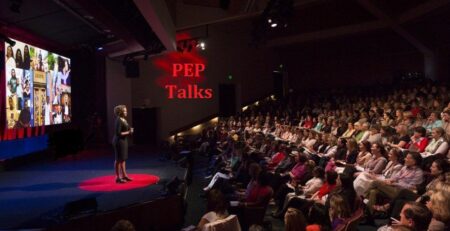

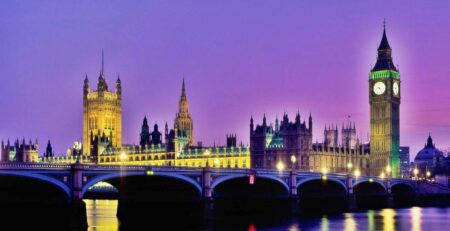


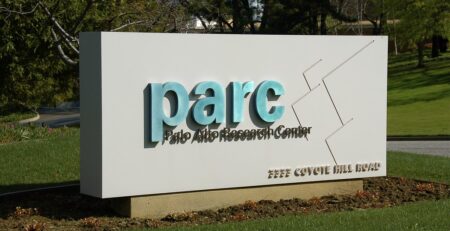
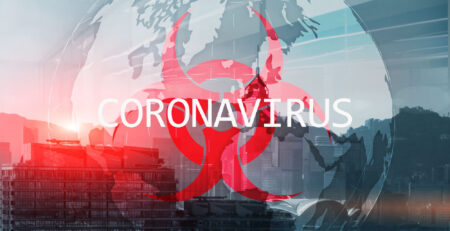
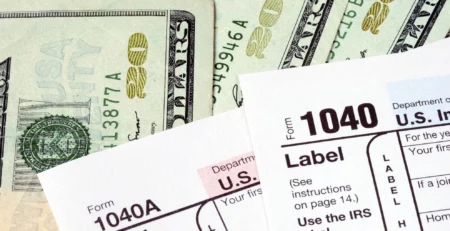
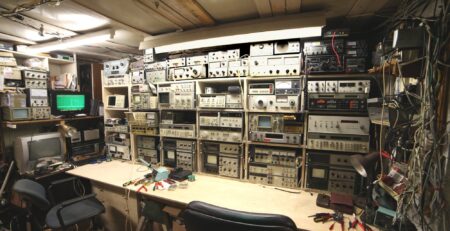
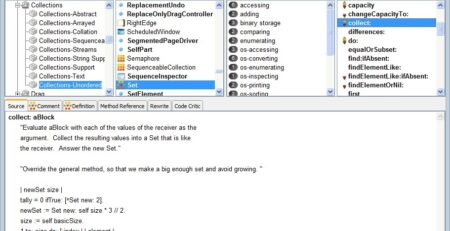
Comments (2)
[…] novel American Democracy Forever introduces a tax reform proposal developed by the Forum Clubs and indicates that extensive modeling is needed to validate it. A later chapter discusses the […]
[…] American Democracy Forever, Dr. Charles, Charlie, Durand created an organization of networked Forum Clubs. In their bylaws, Charlie defined the committees that each club should have to support its efforts: […]